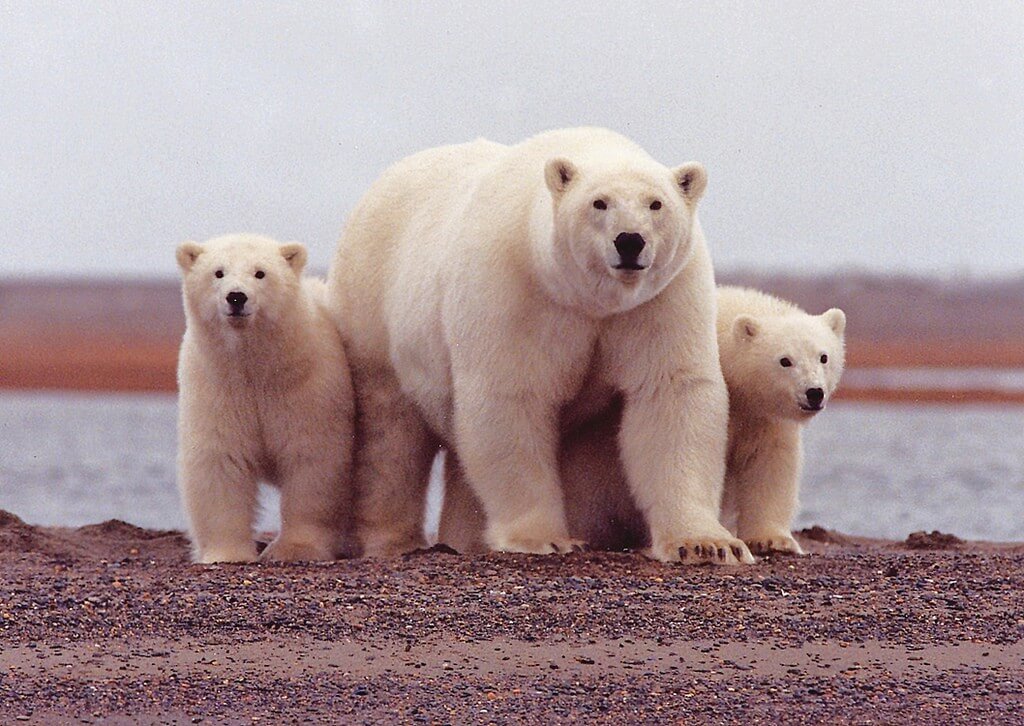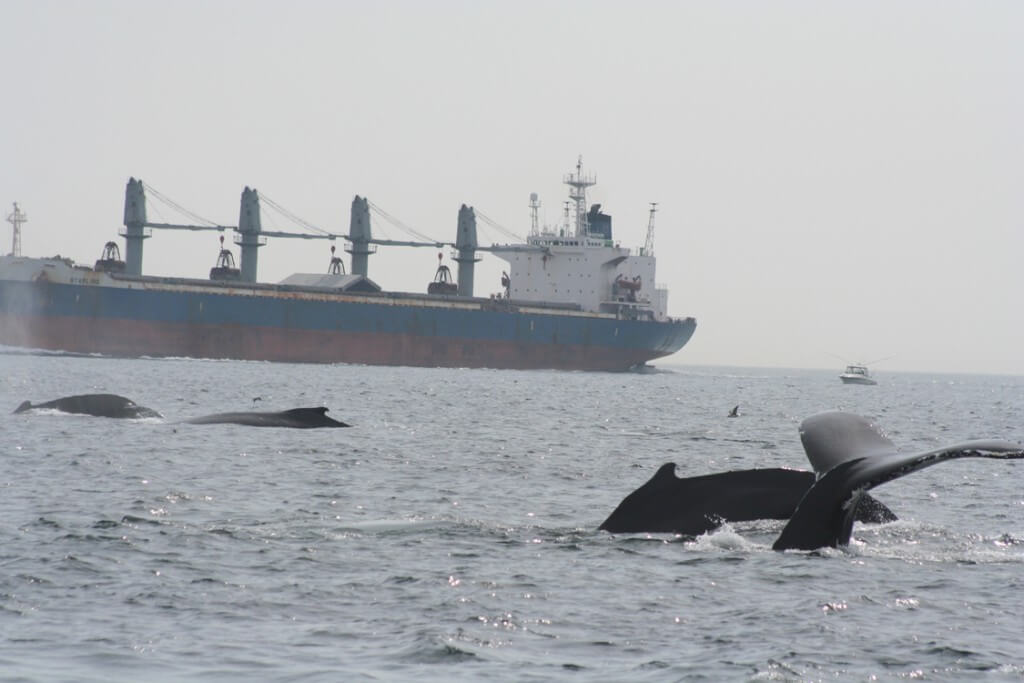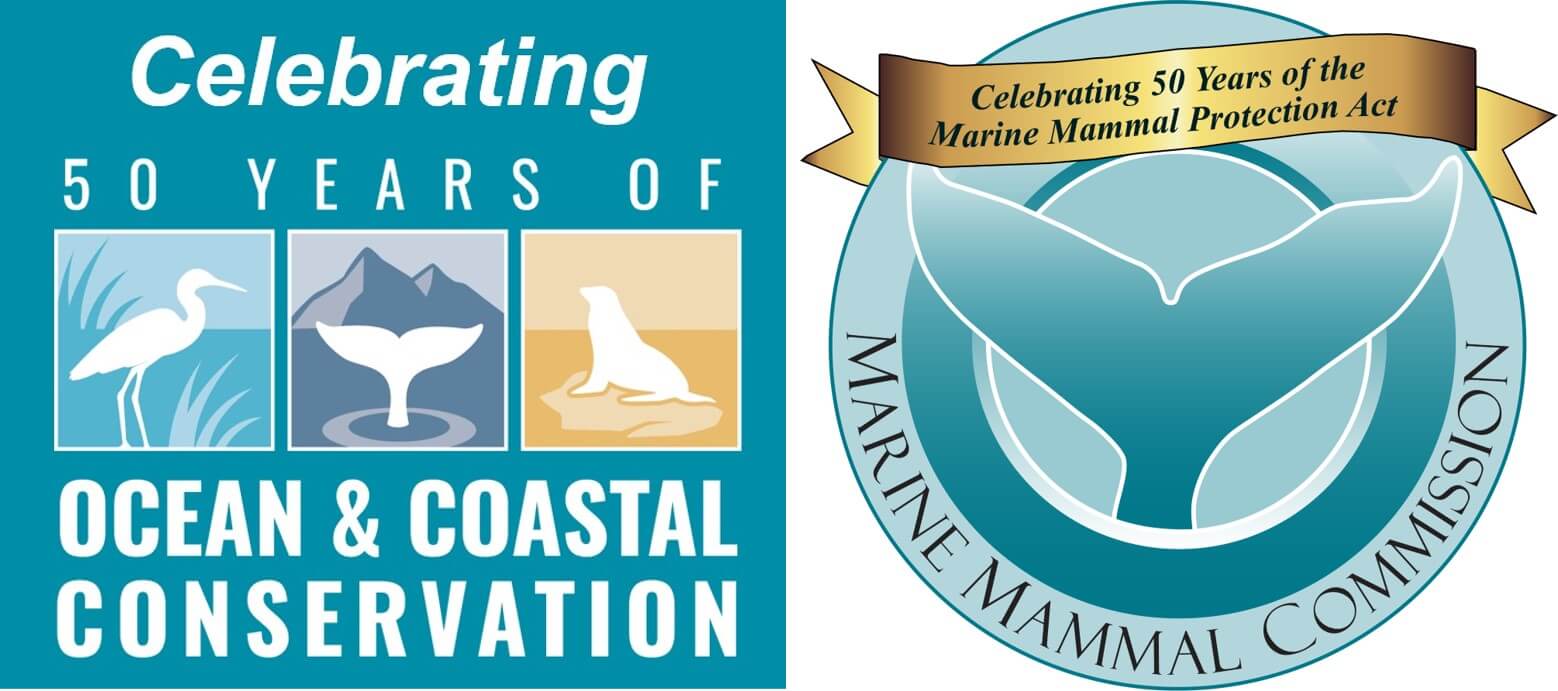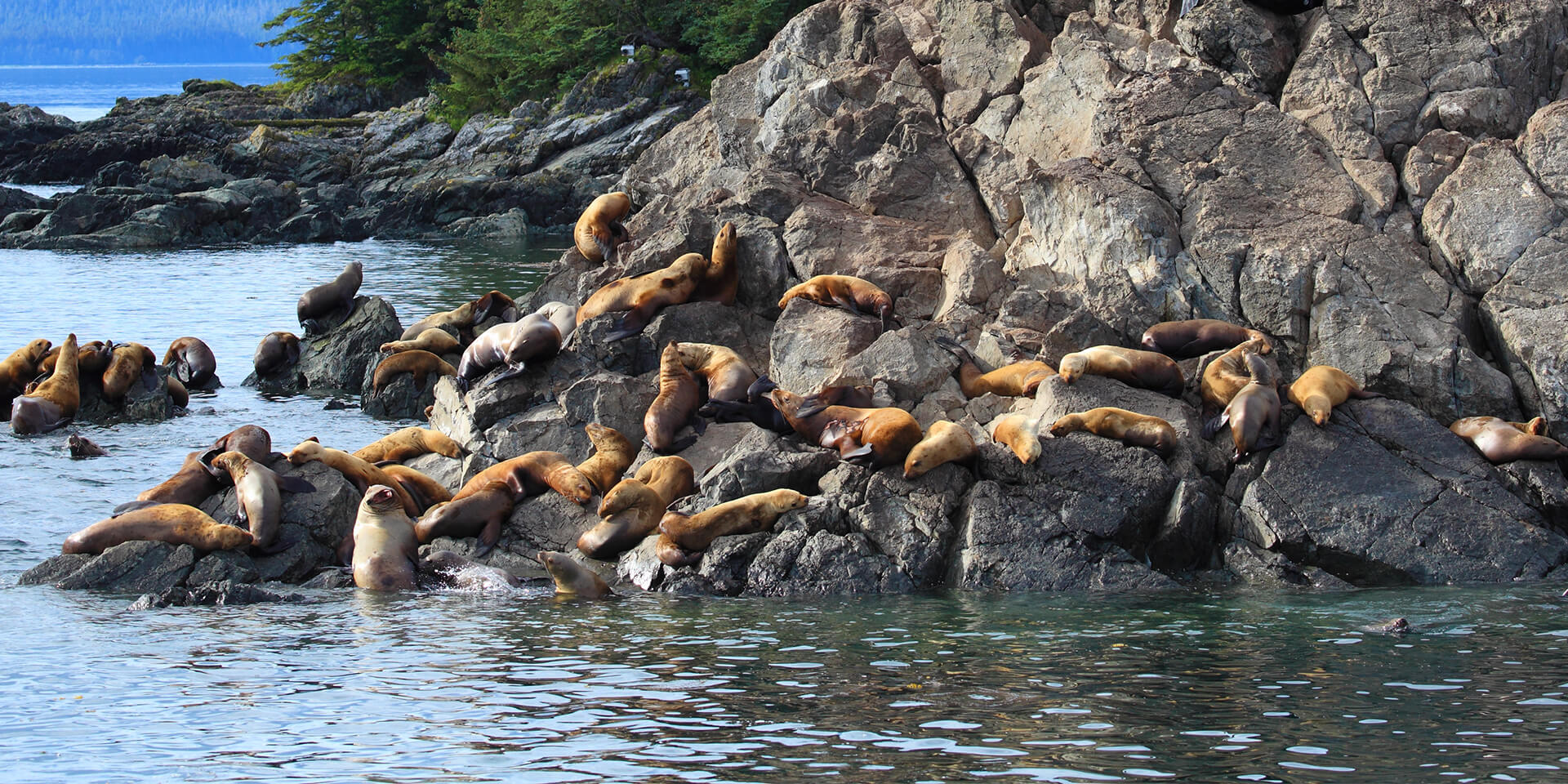Marine Mammal Protection Act
Celebrating Over 50 Years
The Marine Mammal Protection Act (MMPA) was enacted in October 1972 in partial response to growing concerns among scientists and the general public that certain species and populations of marine mammals were in danger of extinction or depletion as a result of human activities. The MMPA set forth a national policy to prevent marine mammal species and population stocks from diminishing, as a result of human activities, beyond the point at which they cease to be significant functioning elements of the ecosystems of which they are a part.
We have accomplished a lot in the past 50 years, and the status of many marine mammal species has improved. While some species of large whales are finally recovering from centuries of whaling and many pinniped species also have successfully rebounded from overexploitation, many marine mammals still face direct and indirect impacts from fisheries, habitat loss, and other human activities. Great challenges lie ahead in the warming and rising seas of climate change and continued human dependence on the oceans, and we still have much work ahead of us to understand and manage threats to ensure that marine mammals have a bright future. For more about the 50th Anniversary of the MMPA, scroll to the bottom of this page.
The Act
The MMPA mandates protection of marine mammals and their habitats. Key components of the Act include a moratorium on takes and imports of marine mammals, maintenance of sustainable populations, and exemptions to the moratorium, including subsistence harvest for Alaska Natives. To learn more about the fundamental components of the law, see our MMPA fact sheet.
The MMPA was the first legislation to mandate an ecosystem-based approach to marine resource management. Under the MMPA, Congress directed that the primary objective of marine mammal management should be to maintain the health and stability of the marine ecosystem and, when consistent with that primary objective, to obtain and maintain optimum sustainable populations of marine mammals. The ecosystem approach has been incorporated in other U.S. statutes including the Magnuson–Stevens Fishery Conservation and Management Act, in legislation in other countries, and in international agreements such as the Convention for the Conservation of Antarctic Marine Living Resources.
The MMPA includes a general moratorium on the taking and importing of marine mammals (Sec. 101 (a)), which is subject to a number of exemptions. The MMPA also established the Marine Mammal Commission (Sec. 201) and provides the authority under which the Commission operates. Learn more about the Commission’s duties under the MMPA.
Download a complete copy of the MMPA, or use the links below to browse individual sections:
Full text of the Marine Mammal Protection Act (as amended 2019)
Table of Contents

A polar bear keeps close to her young along the Beaufort Sea coast in Arctic National Wildlife Refuge. (Susanne Miller, FWS)
Title I—Conservation and Protection of Marine Mammals
- Sec. 101. Moratorium and exceptions
- Sec. 102. Prohibitions
- Sec. 103. Regulations on taking of marine mammals
- Sec. 104. Permits
- Sec. 105. Penalties
- Sec. [ ]. Disposition of fines
- Sec. 106. Vessel fine, cargo forfeiture, and rewards
- Sec. 107. Enforcement
- Sec. 108. International program
- Sec. 109. Federal cooperation with States
- Sec. 110. Marine mammal research grants
- Sec. 111. Commercial fisheries gear development
- Sec. 112. Regulations and administration
- Sec. 113. Application to other treaties and conventions
- Sec. 114. Interim exemption for commercial fisheries
- Sec. 115. Status review; conservation plans
- Sec. 116. Authorization of appropriations
- Sec. [ ]. Dolphin protection
- Sec. 117. Stock assessments
- Sec. 118. Taking of marine mammals incidental to commercial fishing operations
- Sec. 119. Marine mammal cooperative agreements in Alaska
- Sec. 120. Pacific Coast Task Force; Gulf of Maine
The MMPA established the Marine Mammal Commission to provide independent oversight of the marine mammal conservation policies and programs being carried out by federal regulatory agencies.
Title II—Marine Mammal Commission
- Sec. 201. Establishment of Commission
- Sec. 202. Duties of Commission
- Sec. 203. Committee of Scientific Advisors on Marine Mammals
- Sec. 204. Commission reports
- Sec. 205. Coordination with other Federal agencies
- Sec. 206. Administration of Commission
- Sec. 207. Authorization of appropriations
Title III—International Dolphin Conservation Program
- Sec. 301. Findings and policy
- Sec. 302. International Dolphin Conservation Program
- Sec. 303. Regulatory authority of the Secretary
- Sec. 304. Research
- Sec. 305. Reports by the Secretary
- Sec. 306. Permits
- Sec. 307. Prohibitions

Whales swimming near a cargo ship. (NOAA)
Title IV—Marine Mammal Health and Stranding Response Program
- Sec. 401. Establishment of program
- Sec. 402. Determination; data collection and dissemination
- Sec. 403. Stranding response agreements
- Sec. 404. Unusual mortality event response
- Sec. 405. Unusual mortality event activity funding
- Sec. 406. Liability
- Sec. 407. National Marine Mammal Tissue Bank and tissue analysis
- Sec. 408. John H. Prescott Marine Mammal Rescue Assistance Grant Program
- Sec. 409. Authorization of appropriations
- Sec. 410. Definitions
Title V—Polar Bears
- Sec. 501. Definitions
- Sec. 502. Prohibitions
- Sec. 503. Administration
- Sec. 504. Cooperative management agreement; authority to delegate enforcement authority
- Sec. 505. Commission appointments; compensation, travel expenses, and claims
- Sec. 506. Votes taken by the United States Section on matters before the Commission
- Sec. 507. Implementation of actions taken by the Commission
- Sec. 508. Application with other titles of Act
- Sec. 509. Authorization of appropriations
Implementing Regulations
All marine mammals are protected under the MMPA.
The U.S. Fish and Wildlife Service (FWS) has responsibility for the conservation and management of sea and marine otters, walruses, polar bears, three species of manatees, and dugongs. FWS also has jurisdiction for the import and export of all marine mammals listed under the Convention on International Trade in Endangered Species of Wild Fauna and Flora (CITES).
The National Oceanic and Atmospheric Administration’s National Marine Fisheries Service (NMFS) has responsibility for the conservation and management of pinnipeds other than walruses (e.g., seals and sea lions) and cetaceans (e.g., whales and dolphins).
Use the links below to learn more about the regulations and policies of FWS and NMFS for implementing the MMPA:
50th Anniversary Celebration Videos
We asked leaders in the field to reflect on the successes of the last 50 years and identify future priorities to ensure marine mammals and their environment thrive. View our 50th anniversary testimonial webpage to view our partner’s videos.
We appreciate the work by our partners at the National Oceanic and Atmospheric Administration and the Fish and Wildlife Service and applaud their commitment to protecting marine mammals and helping their populations thrive. Please join our agencies this year as we celebrate 50 years of ocean and coastal conservation, acknowledging not just the 50th anniversary of the MMPA, but of three additional laws that helped form the foundation for the nation’s marine stewardship: the Clean Water Act, the Coastal Zone Management Act, and the National Marine Sanctuaries Act. Visit our website to learn how you can get involved and help protect your ocean and coasts for the next 50 years to come.

